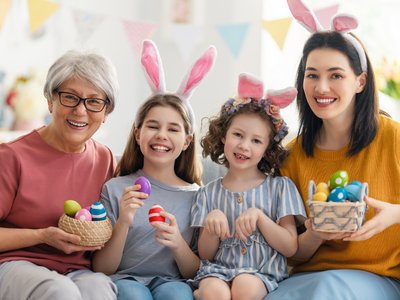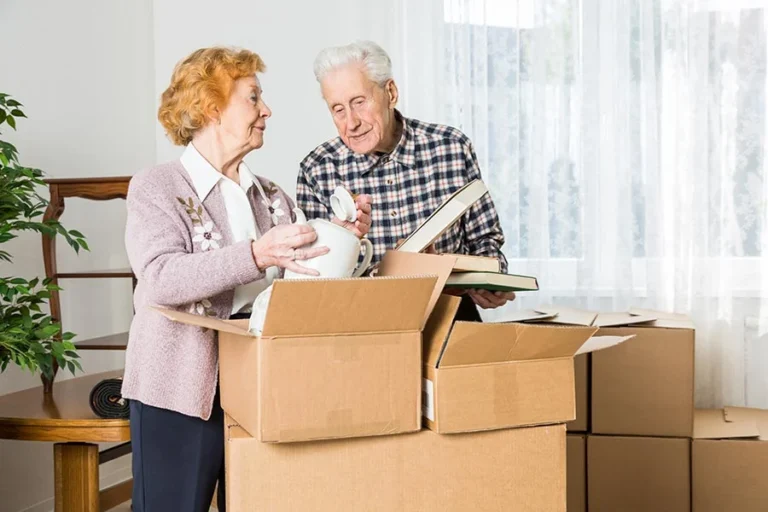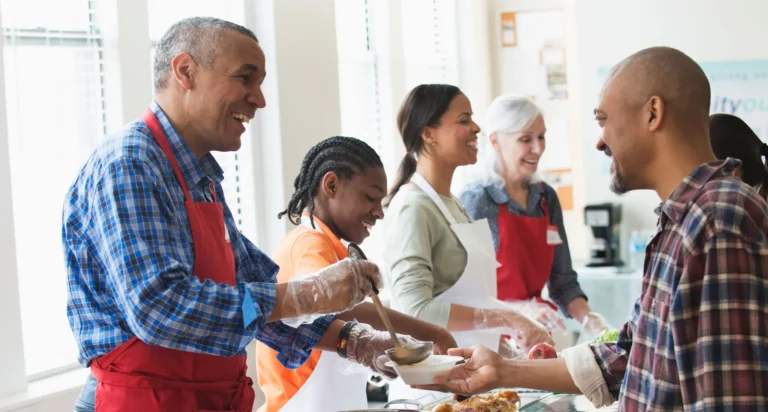At any age, grief can be an extremely difficult and isolating road to travel. There’s no map, no guidebook, no ETA, and no exact destination to navigate. The course is different for each individual, and the only guarantee is that there will certainly be bumps along the way.
While grief is most often associated with the loss of a loved one, there are many other instances where an individual can experience it. It’s common to face grief anytime you lose something in which you have invested your time, energy, heart, and soul. For instance, as your abilities and independence begin to diminish, it may lead to the loss of possessions, homes, driving privileges, and even your sense of purpose. Seniors are far more likely to experience these types of losses, in addition to the loss of loved ones.
Grief is an all-encompassing reaction to loss that involves your physical, emotional, social, spiritual, psychological, and behavioral well-being. It’s important to recognize changes in your elderly loved ones and help them through the grieving process. Seniors generally not only feel grief more intensely than their younger peers, but they are more likely to suffer alone.
Ways Seniors are Impacted by Grief
As a loved one experiences bereavement, they may also experience a wide variety of emotions including denial, disbelief, confusion, shock, sadness, yearning, anger, humiliation, despair, and/or guilt, as outlined by Mental Health America. These feelings are normal and will occur in no particular order. The duration of each emotion, or the rate at which they change from one to another, is unique to each individual.
- Society tends to believe that older individuals are better at handling grief because they have more experience with loss and death. On the contrary, they actually feel it more deeply and intensely due to their age.
- Grief carries a physical impact for those in mourning. This is true for people of all ages, but the elderly are at a greater risk because of naturally declining health due to the aging process. The physical stress of a loss can lead to severe health problems.
- As you age, your energy needs, along with your digestive system, slow down, naturally decreasing your appetite. When you pair that with appetite changes caused by grieving, concerns may arise. Seniors may skip meals or even go days without eating during bereavement. Not eating enough can cause weight loss, or even malnutrition.
- Social circles tend to close in as you get older. Interactions among co-workers tend to go away when you retire, family moves out and/or away as they grow up, and friends lose their own independence and abilities, or even pass away. Loneliness and isolation are common hurdles you face as you age; losing a loved one only intensifies these feelings.
- As mentioned above, it’s not uncommon to experience confusion during bereavement. Seniors are already at a greater risk of cognitive decline, or cognitive impairment, due to the aging process. Grief can compound issues with memory, concentration, and forgetfulness, ultimately leading to disorientation and poor judgment, creating an unsafe environment.
How to Be There for Your Loved One
While you cannot take the hurt and the pain away, there are ways you can help your loved ones through the grieving process.
Be Helpful
Assist with household chores they currently can’t complete on their own. Place grocery orders, cook meals, wash and fold laundry, and run errands. Assess the situation and see what needs can be met. Carry them through this difficult time by taking on some of the workload. If your schedule does not allow you to be there for your loved one or becomes more than one can handle alone, it may be time to outsource certain services and hire licensed professional in-home care providers.
Be Present
Sometimes simply “being there” for them is enough to keep a loved one going. Help to share the sorrow that they are experiencing. Allow them to talk when they need to talk while you actively listen, especially when there are no words to offer. Sit together and watch a favorite movie or TV show, go for a walk, and enjoy meals together. Just physically be present and provide company as they learn how to live with this void in their heart.
Be Patient
There is no timeline for how one should grieve. Healing doesn’t happen overnight; it can take a long time to learn to cope with such a major loss. Make yourself available long after the flowers, cards, and casseroles have stopped coming. The weeks, months, and years that follow can still be hard, especially around holidays, birthdays, and anniversaries.
Be Encouraging
Sometimes grief is too big to handle alone. If your loved one is consumed by pain and cannot handle it alone, encourage them to seek professional help from a counselor or mental health provider.












